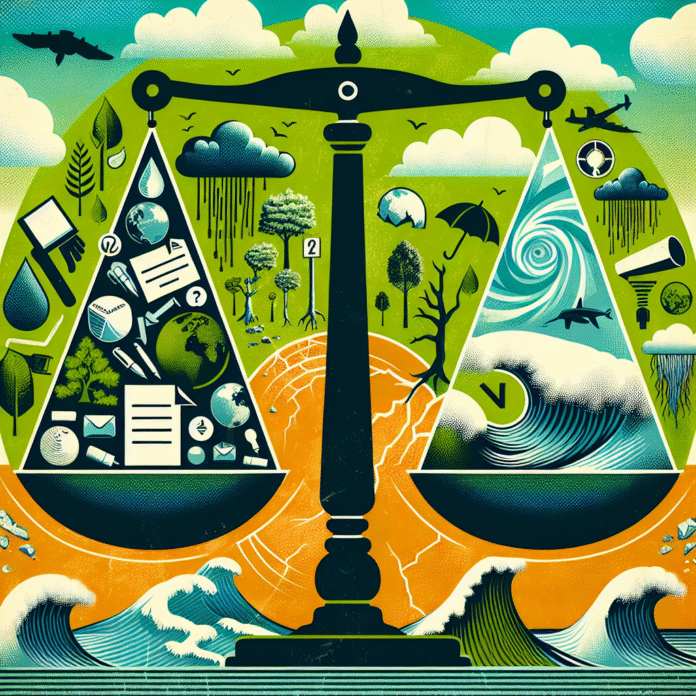Bill 15 Poses Risks to Democracy and the Environment
Essential Information to Consider
Bill 15 Poses Risks to Democracy and Environmental Protection
Recent discussions surrounding Bill 15 have raised significant concerns regarding its implications for both democratic values and environmental sustainability. As citizens become increasingly aware of the potential consequences of this legislation, it is essential to examine the details and underlying motivations of the bill.
Understanding Bill 15
Bill 15, introduced in the legislative assembly, outlines various provisions that critics argue could undermine democratic processes and environmental protections. The bill proposes changes that may limit public participation in decision-making, reducing the transparency and accountability crucial for a functioning democracy. This goes against the principles of inclusive governance that allow citizens to voice their concerns and influence policy outcomes.
Democratic Implications
One of the primary concerns surrounding Bill 15 is its potential to centralize power within governmental agencies. By streamlining processes and limiting public input, the bill risks marginalizing communities, particularly those that are already underrepresented. This centralization could lead to decisions that favor corporate interests over the needs of the public, effectively eroding the democratic fabric of society.
Environmental Concerns
In addition to its democratic implications, Bill 15 has sparked alarm among environmental advocates. The legislation may facilitate the expedited approval of development projects without adequate environmental assessments, posing risks to natural ecosystems and biodiversity. Critics argue that hasty decisions in favor of economic growth could lead to irreversible damage to habitats and a decline in environmental quality.
The Role of Public Advocacy
In light of these concerns, public advocacy has become increasingly vital. Environmental organizations, community groups, and concerned citizens are mobilizing to challenge the provisions of Bill 15. Through campaigns, public consultations, and legal actions, these groups aim to ensure that democratic processes remain intact and that environmental safeguards are upheld.
Conclusion
As the legislative process for Bill 15 unfolds, it is crucial for citizens to stay informed and engaged. Understanding the potential ramifications of this legislation is essential for preserving both democracy and environmental integrity. By fostering dialogue and advocating for transparency, communities can work together to challenge policies that threaten their rights and the planet’s health.
Ultimately, the fate of Bill 15 will depend on public awareness and advocacy efforts aimed at protecting the democratic principles and environmental protections that underpin a healthy society.


